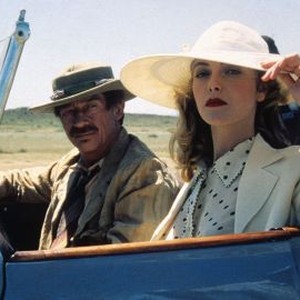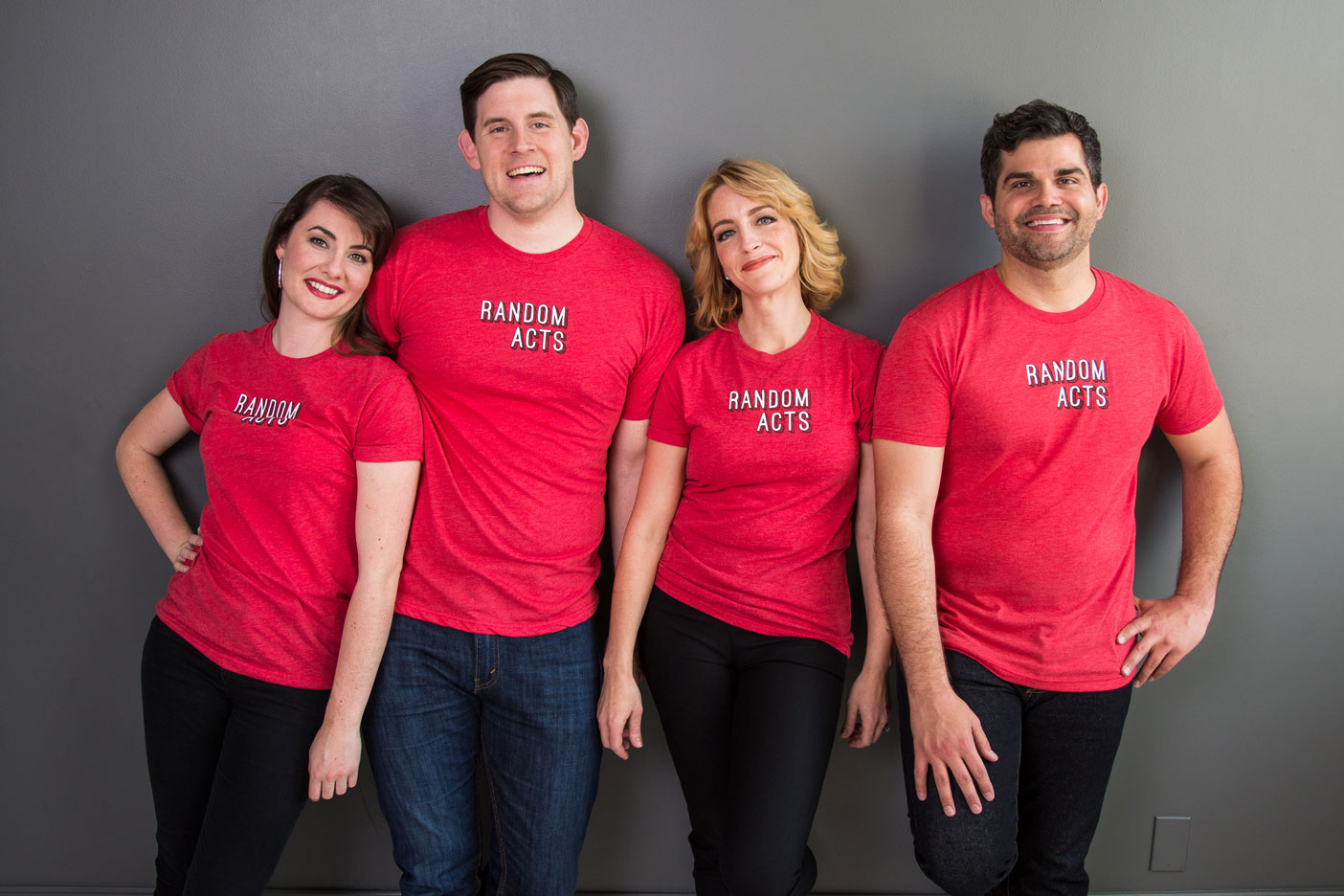



The plural is Ainur, and refers to the primordial spirits created by Ilúvatar.Īiglos - Sindarin for 'Icicle', also name of Gil-galad's spearĪldalómë - Combination of Quenya words meaning 'tree-shadow' used by Treebeard the Ent.Īmbarona - Combination of Quenya words meaning 'Worlds-birth' used by Treebeard the Ent.Īmon - Sindarin word meaning 'Mountain' or 'Hill'.Īnarya - Quenya meaning 'Sun's-day', the second day of the Elvish week.Īndúril - 'Flame-of-the-West' (Quenya), the sword of Aragorn formerly know as 'Narsil'.Īnn-thannath - Combination of Sindarin words meaning 'The-Gift-of-Words'. Plural is EdainĪduial - Eventide, twilight, 'Star-opening' Sindarin, from the Quenya Undomë.Īglarond - 'Halls-of-Glory', the Sindarin name for the Glittering Caves of Helm's Deep.Īinu - Quenya Tengwar word meaning 'Holy One'. It is likewise pronounced always in the middle of words.Īaye or Aiya - Quenya word for the verb 'Hail'.Īda - 'Father', spoken by Arwen to Lord ElrondĪdan - 'Father of Man' ( Sindarin, from the Quenya Atan, Atani) The Elves' name for those Men who first crossed the Blue Mountains (Ered Luin) during the First Age. IE - Should not be pronounced as English piece, but with both the vowels I and E sounded.ĮA and EO - Are not run together, but constitute two syllables.ĮR, IR, UR - before a consonant or at the end of a word should not be pronounced as in English fern, fir, fur, but as in air, eer, oor.Į - At the end of words is always pronounced as distinct vowel, and in this position is written ë. G - Always has the sound of the English G in get.ĪU - Has the value of OW as in English how.ĮI - Has the sound of ey in the English grey. C - Always has the value of K, never of S or of CH thus Celeborn is 'keleborn, not 'seleborn' or 'cheleborn'.ĬH - Always has the value of CH as in Scottish loch or German evil, never that of CH in English churchĭH - Is always used to represent a TH as in then, but never as in thin


 0 kommentar(er)
0 kommentar(er)
